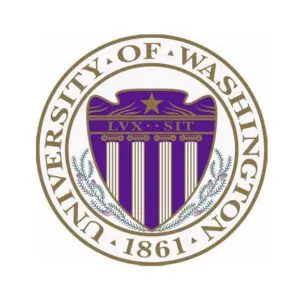Timeframe: 2023 – 2025
Goal: Investigate alternate means of therapeutically targeting DNAJ-PKAc
Principal Investigator: John Scott, PhD

Study overview: Previous work has established that the fusion protein interacts with large number of binding partners as compared to the native protein by increased association with the AKAP proteins (the latter acts as a scaffold). One of these binding partners is a protein called Bcl2-associated athanogene 2 (Bag 2). Bag2 interacts with an anti-apoptotic factor, Bcl-2 and binding of Bag2 with the fusion enzyme may be a prognosticator for advanced disease. Moreover, preliminary results from the previous study indicated that Bag2 may confer resistance of FLC tumors to chemotherapeutics. The team hypothesizes that the increased association of co-chaperones such as Bag 2, with the chimeric protein increases tumor survival, and possible chemoresistance. Additionally, the promiscous nature (ability to catalyze side reactions) of DNAJ-PKAc may affect the subcellular localization, allow unrestricted access to specific substrates and influence FLC tumor development.
The goals of the study are:
- Identifying if DNAJ-PKAc oncogenic partners such as Bag2, drive tumor survival and can be a marker for advanced stage of FLC.
- Determining the contribution of the signaling islands (i.e. spatial dysregulation of DNAJ-PKAc) to FLC as compared to the oncogenic binding partners.
- Advancing towards clinical trials any promising drug combinations that target DNAJ-PKAc signaling islands and other oncogenic binding partners of this fusion protein.
